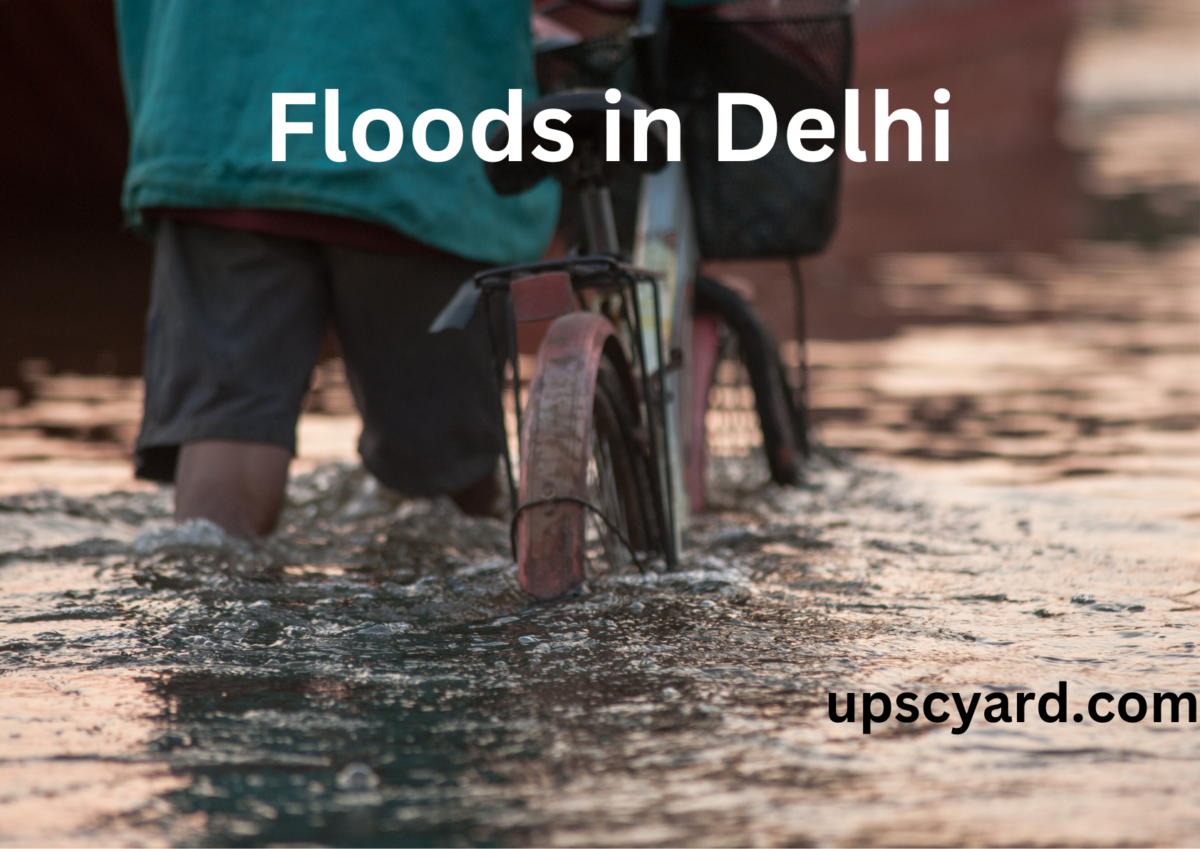Floods in Delhi pose a significant health risk for its residents, increasing the likelihood of diseases such as cholera, typhoid, dengue, hepatitis, and more.
Parts of Delhi-NCR are currently grappling with flood-like conditions caused by a record rise in the water level of the Yamuna river. Consequently, residents in these areas face heightened health risks, particularly those residing along the riverbanks. Health experts have expressed concerns about the stagnant water becoming a breeding ground for insects, mosquitoes, and disease-causing microorganisms.
The stagnant water poses a significant risk of diseases such as cholera, typhoid fever, dysentery, zika, dengue, and hepatitis. highlighted the increased likelihood of cholera, typhoid, dysentery, and hepatitis A due to the breeding of disease-causing organisms in stagnant water.
Furthermore, contaminated water can infiltrate the drinking water supply, leading to widespread infections. waterlogging creates favorable conditions for mosquito breeding, thereby increasing the incidence of diseases like malaria, dengue fever, and zika virus.
Asthma, allergy, and fungal infections
Extended periods of being in damp environments can result in respiratory problems like allergies, asthma, and bronchitis.
The growth of mold and higher levels of humidity contribute to the release of airborne substances that can cause allergies and irritate the respiratory system. Regular contact with waterlogged areas can also lead to various skin infections, including fungal infections, dermatitis, and cellulitis. These physical ailments not only impact the body but also make individuals susceptible to mental health issues.
What course of action should be taken?
The initial guideline is to avoid any contact with stagnant water and ensure it doesn’t come into contact with food or utensils.
Residents are advised to boil water to ensure its safety for drinking purposes.
It is recommended to apply mosquito repellent creams and use mosquito nets at home.
Maintaining personal hygiene, including frequent handwashing with soap and clean water, is highly encouraged.
Eliminating stagnant water around living areas is an effective measure to prevent mosquito breeding and protect against mosquito-related diseases. Additionally, wearing long sleeves and pants can provide further protection.
Furthermore, waterlogging can conceal potential hazards below the surface, leading to accidental injuries such as slips, falls, or drowning.
Being cautious of hidden debris, open manholes, or uncovered drains is essential. If it becomes necessary to be in waterlogged areas, it is important to use appropriate safety equipment and adhere to the guidelines provided by local authorities.


